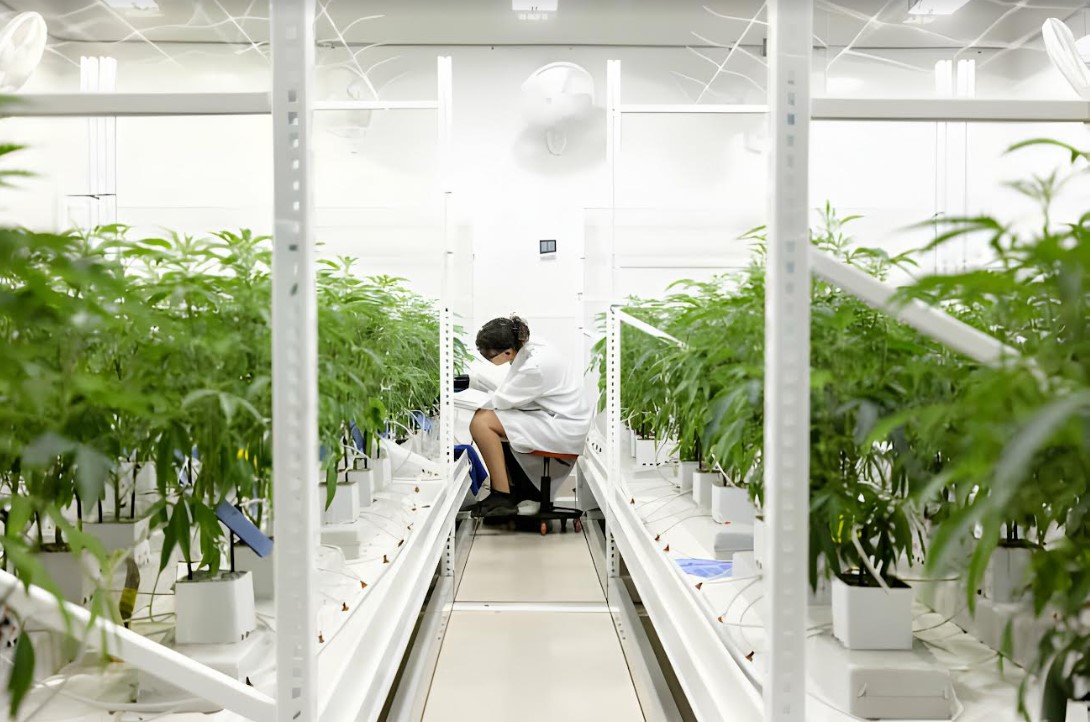A lot has happened in the cannabis movement since California began pushing medical cannabis back in the 1990s. Yet as we close in on the end of the first quarter of 2024, one cannot help but wonder where the movement goes from here. I do not suspect it’s going to get very far this year. Why? Because of the cannabis movement’s biggest hurdle: competing interests.
Full disclosure requires admitting that I am not in favor of recreational marijuana consumption. I do fully support medical cannabis under the same type of regulatory framework that governs legitimate prescription medications. I am also fairly confident that medical cannabis will ultimately be available in all 50 states at some point.
Medical cannabis’ legal status in the majority of states is a testament to the efforts of so many people working hard to get state laws passed. But it is also evidence of the very issue this post is designed to discuss.
Recreational Use Was Always the Goal
Until about five years ago, much of the debate around marijuana legalization focused squarely on the medical side of things. California’s original push was a medical cannabis push. But the truth is that recreational use was always the goal. The original advocates for California’s medical cannabis law saw medical legalization as a steppingstone to full recreational legalization. They managed to get what they wanted.
The same thing is happening right now in Wisconsin. A GOP House bill that would have legalized medical cannabis is effectively dead thanks to a Republican-controlled Senate that would have passed a much more liberal bill. Meanwhile those on the Democrat side of the aisle have openly admitted they would vote for a medical cannabis bill as a steppingstone to full recreational legalization. It is not a secret.
What you have are competing interests. You have one group of lawmakers who are willing to go for medical legalization – some actually want it – and another group whose ultimate goal is recreational legalization. They both want something different. One is working to stop the other while the other is willing to settle for less, knowing that they could ultimately end up with more.
Corporations vs. Family Businesses
Another area of competing interests exists in the business side of things. Former NORML political director and Better Organizing to Win Legalization founder Justin Strekal explained the issue in a recent op-ed piece for Marijuana Moment. He explained how corporations are spending millions on lobbying efforts to influence lawmakers. Meanwhile, family businesses are being left behind.
Corporations claim to be championing the industry. But they are actually championing their own interests. Corporations don’t care about mom-and-pop businesses. They do not care about local dispensaries and medical cannabis pharmacies Utah. They care about cannabis reform only to the extent that it helps them build their corporate enterprises. So there are competing interests between big corporations and local outlets like Brigham City, Utah dispensary Beehive Farmacy.
Consumers and Activists
Lastly, you have competing interests between consumers and marijuana activists. Consumers, particularly those who use medical cannabis, just want to be left alone. They just want the freedom to use cannabis as they see fit. Activists want to prove a point. They want to win the argument of ideals. But quite often, idealism contradicts reality. Consumers suffer while activists continue to stir the pot.
I’m not sure how far the movement will get in 2024. But if it does not get as far as some would like to see it go, I would be willing to bet that much of the blame could be laid at the feet of competing interests.







